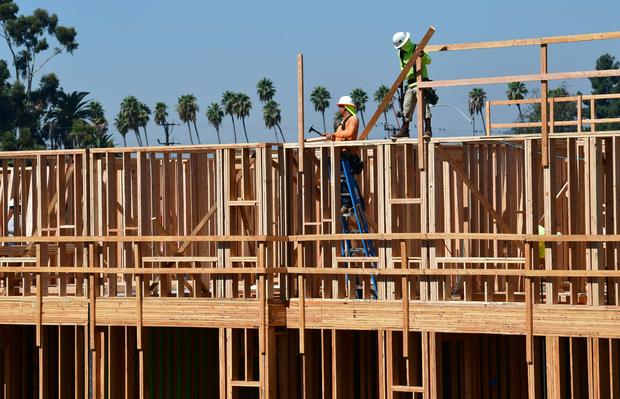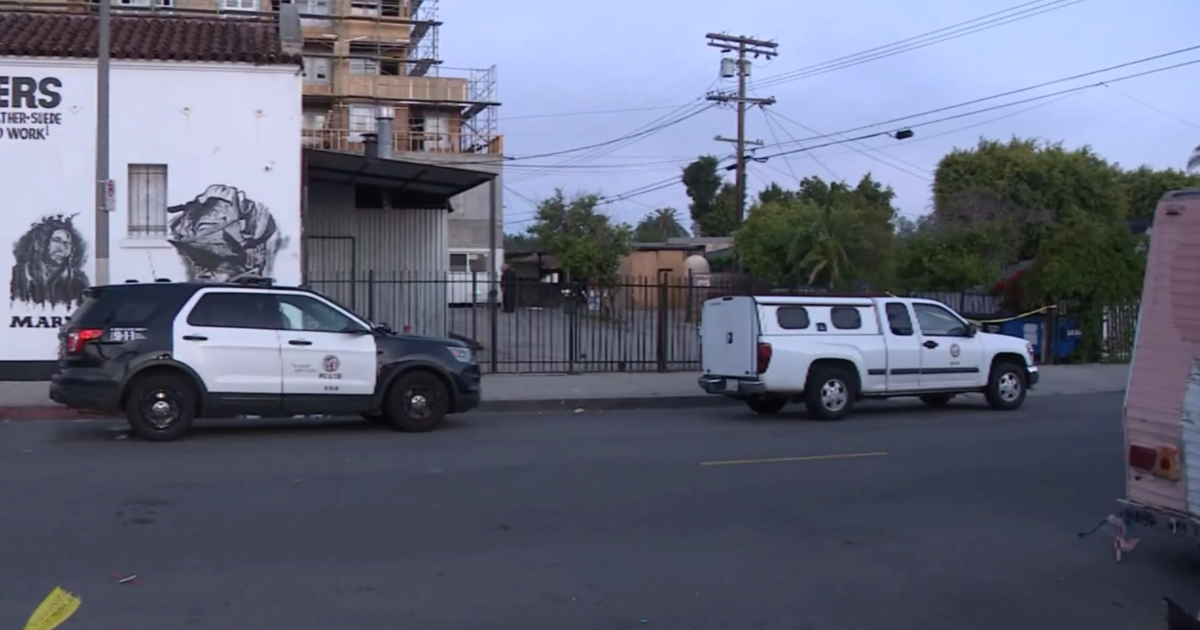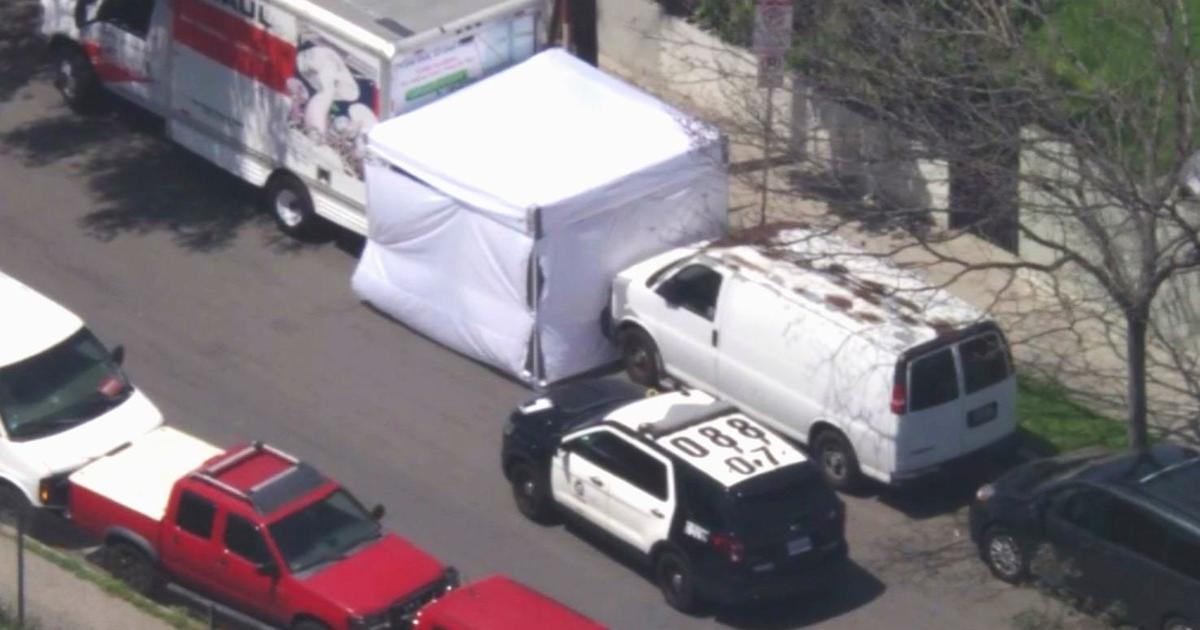LA Set To Pass Emergency Law Halting 'No-Fault' Evictions
LOS ANGELES (CBSLA) – The Los Angeles City Council Tuesday will likely approve an emergency ordinance to protect tenants from "no-fault" evictions in response to a flurry of reports that some local landlords could be attempting to evict tenants during a brief window ahead of the statewide rent control law which takes effect next year.
The proposed motion would prevent landlords in the city of L.A. from evicting tenants for no reason through Dec. 31 of 2019. That is because beginning on Jan. 1, 2020, it will unlawful to do so statewide after Gov. Gavin Newsom signed Assembly Bill 1482, the Tenant Protections Act of 2019, into law earlier this month.
AB-1482 will limit annual rent increases to 5 percent plus inflation. It also bans landlords from enacting no-fault evictions.
However, according to the motion proposed by councilmembers Mitch O'Farrell and Curren Price Jr., the L.A. Housing and Community Investment Department (HCID) has seen a spike in calls since the passage of AB-1482 from low-rent tenants who have allegedly received sudden eviction notices from landlords who are trying to get them out before the state law goes into effect.
"There is already evidence that in the wake of the approval of the Tenant Protections Act of 2019, no-fault eviction notices and threats of eviction are escalating," the motion reads. "HCID reports a surge of calls and inquiries from community advocates and tenants facing sudden eviction notices, while a prominent eviction attorney is on record as advising property owners at a trade show to quickly issue no-fault eviction notices to tenants who pay low rents."
The emergency motion will apply to any rental unit built before Jan. 1, 2006.
The city of L.A. already has the Rent Stabilization Ordinance, which prohibits landlords from increasing rent by more than 3 percent every year for units built before 1979. The RSO also protects those tenants against no-fault evictions. Approximately 76 percent of rental units in L.A. are under the RSO.
However, according to the motion, around 138,000 households are not in RSO-protected housing, and are at risk of no-fault evictions between now and when the new state law takes effect in January.
According to the motion, 60 percent of all L.A.'s residents are renters. Furthermore, 58 percent of those are rent-burdened, meaning they spent more than 30 percent of their gross monthly income on rent.
"We are possibly witnessing the unintended consequences of a law that was designed to assist our low-income earners and families who struggle on the margins," O'Farrell said last week. "We are in the midst of an affordable housing crisis, and as lawmakers we must do everything in our power to protect those renters who may face rent gouging from landlords who are trying to take advantage of a window of opportunity."
The ordinance would not apply to people living in nursing homes, non- profit housing, dormitories at schools or similarly subsidized housing.
Meanwhile, the new state law will run through 2030. It does not apply to housing built within the last 15 years. It also does not apply to single family homes, except those owned by corporations or real estate investment trusts. It does not cover duplexes where the owner lives in one of the units.
Several other cities in the Southland have also jumped the gun with their own efforts to curb spiking rents and address the homeless crisis.
In August, Culver City approved an ordinance which sets an annual 3 percent cap on rent hikes for apartment complexes built before Feb. 1, 1995.
In March, the Inglewood City Council passed an emergency ordinance which temporarily puts a cap on how much landlords can increase rent on their tenants in older buildings.
Last November, the L.A. County Board of Supervisors approved a temporary ordinance which limits rent hikes to 3 percent per year on certain apartments in unincorporated areas.
In conjunction with the rent cap, Newsom also signed Senate Bill 330, which is designed to increase housing production by, among other things, streamlining the permitting process for builders by reducing red tape.
(© Copyright 2019 CBS Broadcasting Inc. All Rights Reserved. City News Service contributed to this report.)




